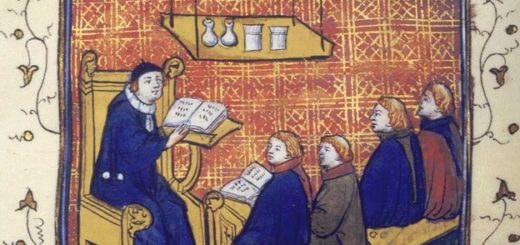Writing and Responding

Braiding Sweetgrass (2015) is a book about the contemporary relationship between plants and people. More specifically, it is about the conflict and potential reconciliation between a botanical, scientific, written understanding of plants, and the orally transmitted wisdom of ancient people, notably the aboriginal people of North America. The author, Robin Wall Kimmerer, is a citizen of both the USA and the Potawatomi nation. In terms of its customs and imagery, the Potawatomi tribe identifies with the Great Lakes area, although Citizen Potawatomi Nation is now based in Oklahoma.
As she writes, KIimmerer is learning the Potawatomi language. Her notes about the differences from English are eye-opening. “Gender,” in English, for example, is expressed as “he” “she,” or “it”. In Potawatomi, “gender” means animate or inanimate, and almost everything about the given world — rocks, water, plants and animals as well as people — is animate. Inanimate things are usually man-made, although some of them, such as a pipe, can be considered animate if it affects things, say, as part of ritual practice. In speaking of such an object, the speaker invests it — or better, her — with energy or agency, a capacity to interact with other animate beings. There are subjects and objects in Potawaomi, just as in English. In “I see the tree,” I am the subject, and the tree is the object. But if you want to use a pronoun for “tree,” “it” is not an option. Rather, a translation might be “I see her”. Even in our language, this way of saying it implies, at least potentially, a set of mutual responsibilities between the tree and me.
Kimmerer barely touches on the issue of writing. WNALP — the Wisconsin Native American Language Project — has established a standard of transcription that currently functions as a means of teaching the Potawatomi language to non-speakers. But writing did not “develop” in the sense it did in, say, ancient Greece. In Athens, in the 5th century BC, an illiterate Socrates taught his students orally, and one of them Plato, wrote down what he said. In fact Socrates mistrusted writing, calling it literally irresponsible: a written text does not respond to its readers.
Wiigwaasabakoon is the Ojibway name for birchbark scrolls, are very rare records –in writing — passed between generations of a secret society. The scrolls command enormous reverence and the secrecy surrounding them is still strict. The treatment suggest that the scrolls, or writing as such, is thought to wield a power so great as to present a risk, a power to be used sparingly and very carefully. It implies that those who would read and write take on a tremendous responsibility, a sobering thought for those of us who take it all for granted.
image: from “Ashinaabe traditional beliefs” on Wikipedia. An underwater panther (mishibizhiw) as well as two snakes and a canoe, attributed to the Ojibwe people. From Lake Superior Provincial Park, Ontario.


